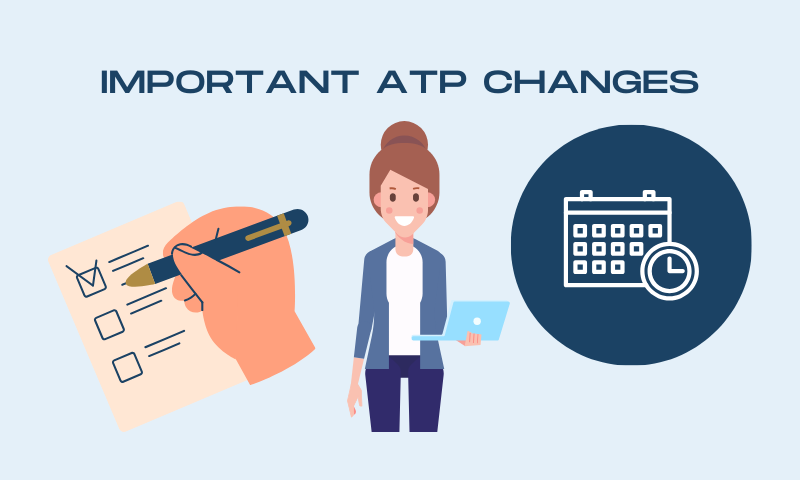New payment dates in 2024
Please notice the new payment dates in 2024 due to the ATP contribution being collected by Samlet Betaling going forth.
The reporting and payment dates for 2024:
The interest rate is 1.5 per cent to be exacted at the beginning of each month. This interest will be charged from the day the payment is due.
Previously ATP worked with bot a due date and a final payment date, however; for payments regarding Q1 2024 or later the due date and final date of payment are the same.
Paying by online banking service
If you pay via your company’s online banking service, the amount must be debited to your company’s account by the due date for the payment stated. If the payment deadline falls on a Saturday, Sunday or public holiday, payment may be made on the next working day.
ATP rates have increased
Paid Monthly
Paid bi-weekly
Paid weekly
Casual Labour
Get assistance with atp
Write a short comment about your issue below,
and one of our consultants will be in contact with you shortly.
Or just book a meeting with one of our consultants.
Get assistance
* By checking GDPR Consent, you agree to let us store the information you provided in our system. You can always contact us to permanently remove your data.







 ® – 2024. All rights reserved. Crossbord
® – 2024. All rights reserved. Crossbord